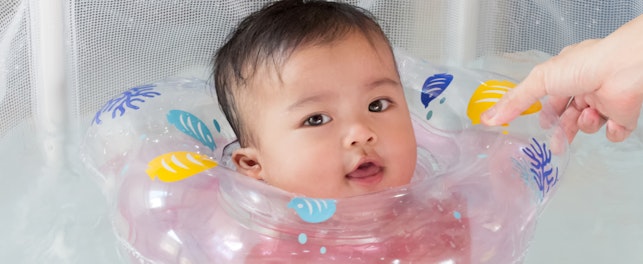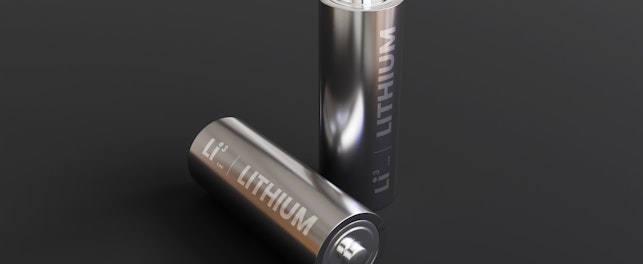SG 10/23
France issues Order challenging brands to use more sustainable processes, display environmental labels and integrate recycled materials into their collections. It also gives new requirements to eco-organizations associated with the clothing, linen and footwear (TLC) sectors.
Extended producer responsibility (EPR) is an important policy tool in France for managing and reducing the increasing amount of consumer waste. It makes product manufacturers and distributors responsible for managing the recycling of their products and packaging at the end-of-life. In response to this, the French government is now challenging fashion brands to use more sustainable processes, display environmental labels and/or integrate recycled materials into their collections. To promote these improvements, bonuses with be awarded.
Under Order of November 23, 20221, the French government has defined new rules and expectations for eco-organizations with EPR in the clothing, linen and footwear (TLC) sector. Under this EPR policy, producers, distributors and importers are required to responsibly manage the end-of-life for products marketed in the country by either creating their own approved recycling program or by contributing financially to an accredited producer responsibility organization (PRO).
‘Refashion’ is currently the only eco-organization accredited by French authorities to cover the textile industry’s legal obligation to manage waste sustainably under the EPR scheme. Refashion is financed by the marketers (brands, importers, etc.) to manage end-of-life support for products.
The first bonus/malus system will be associated with the display of environmental labels. Refashion has proposed a bonus system and will formulate its proposals once the procedures of displaying environmental labels are fixed by the executive. The decree is not expected before mid-2023.
Order of November 23, 2022, already provides for other bonus systems that will modulate the contribution of marketers to the financing of eco-organizations. These relate to three factors:
- Durability of products
- Environmental labeling product certification
- Incorporation of recycled materials
Marketers’ fees paid to eco-organization can be reduced in accordance with:
- Product performance in physical tests
- Product certification by some environmental labeling organizations
- Quantity and source of recycled materials
It should be noted, eco-organizations may request changes to durability requirements, especially in accordance with the integration of methods for calculating the environmental footprint for clothing, footwear and accessories set by the European Commission.
Refashion has new objectives and must provide the following studies:
- Before January 1, 2024 – report on TLC recyclability to the Ministry of Ecological Transition containing proposals for premiums and penalties associated with the recyclability criterion of TLC, when justified by the nature of the product
- No later than July 1, 2024 – report on the quantification of additional costs related to the production of TLC according to durability requirements. An overview of these is readable in Annex III, covering product standards and assessments
- Within two years – report on additional costs associated with the incorporation of materials from the recycling of used TLCs. This report gives the eco-organization an opportunity to propose changes in the system of premiums
The decree also specifies the eco-organization's objectives to achieve a minimum annual collection target of 60% of waste quantity (by mass) of TLC in the market in 2028. It also sets an overall target for minimum annual TLC waste recycling percentages of quantities collected and sorted but not reused or reused at 70% by 2024 and 80% by 2027; and minimum percentage of recycling of quantities integrating at least 90% of plastic synthetic fiber collected and sorted but not reused or reused at 50% by 2025 and 90% by 2028.
SGS Global Softlines has an extensive network of over 40 laboratories worldwide, with a strong team of committed professionals from multi-disciplinary backgrounds. Our internationally accredited state-of-the-art testing laboratories offer a comprehensive range of physical, chemical and functional testing services for components, materials and finished products. We help your company ensure quality, performance and compliance with international, industrial and regulatory standards worldwide. Visit our website, read our brochure or contact us to discover more. In the end, it’s only trusted because it’s tested.
Join our complimentary webinar on February 07th
- France New Labeling for Triman and Sorting Information for Softlines Products
For enquiries, please contact:
Valérie Cimetiere
Softlines Technical Expert
t:+33 141 248 710
References
© SGS Société Générale de Surveillance SA. This publication or website is a property of SGS Société Générale de Surveillance SA. All contents including website designs, text, and graphics contained herein are owned by or licensed to SGS Société Générale de Surveillance SA. The information provided is for technical and general information purposes only and offers no legal advice. The information is no substitute for professional legal advice to ensure compliance with the applicable laws and regulations. All information is provided in good faith “as is”, and SGS Société Générale de Surveillance SA makes no representation or warranty of any kind, express or implied, and does not warrant that the information will be error-free or meet any particular criteria of performance or quality.



